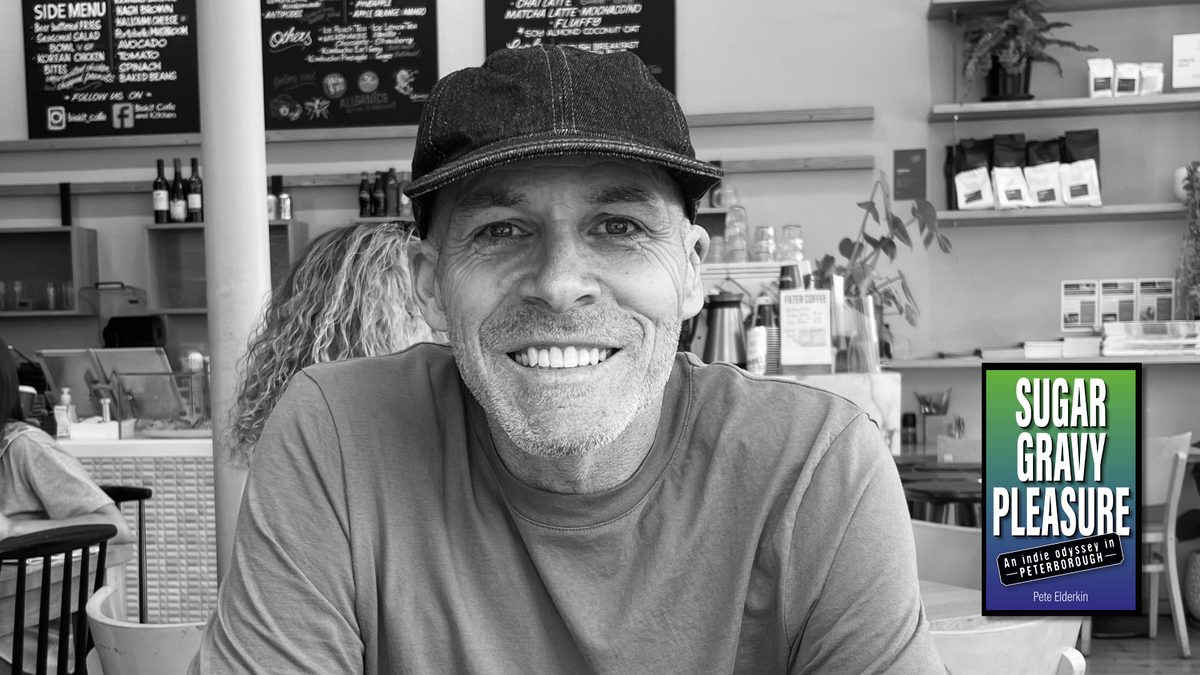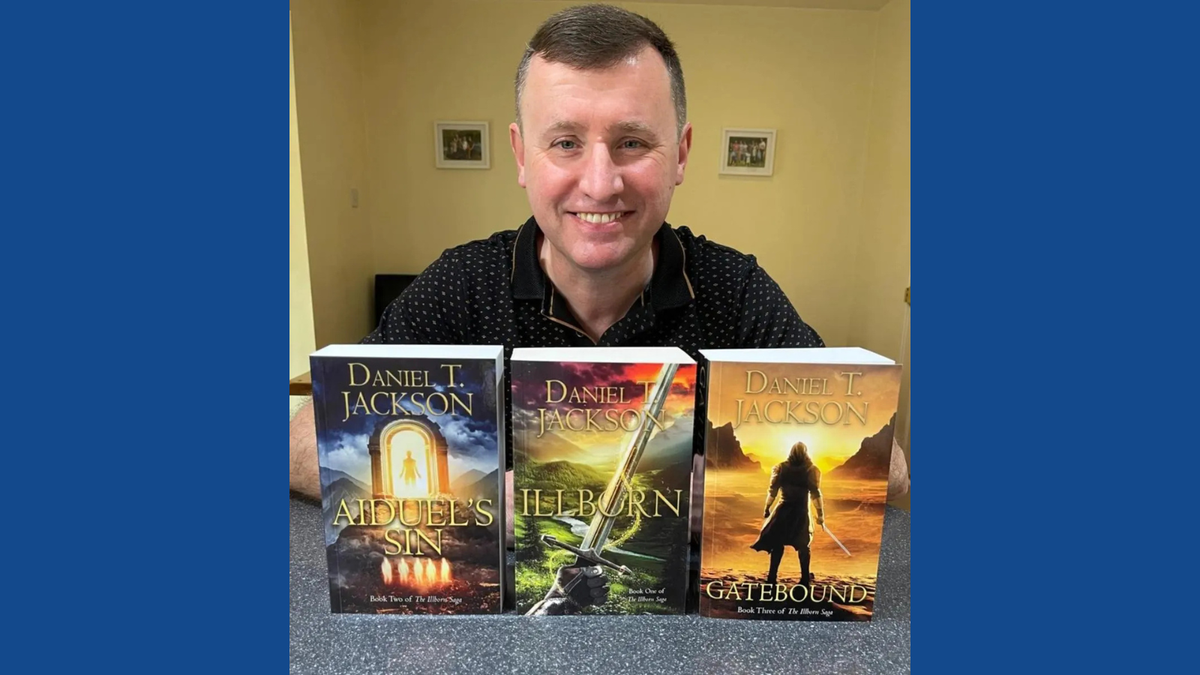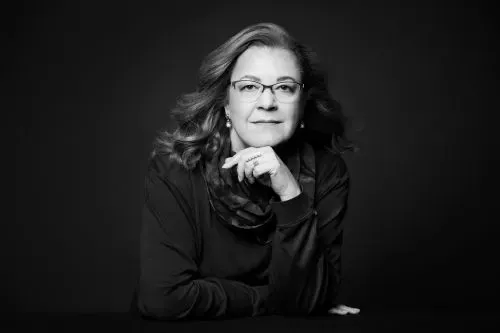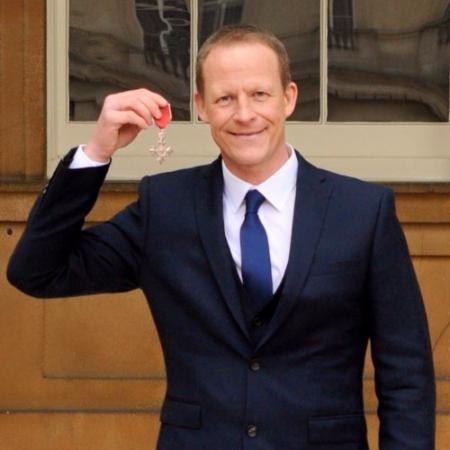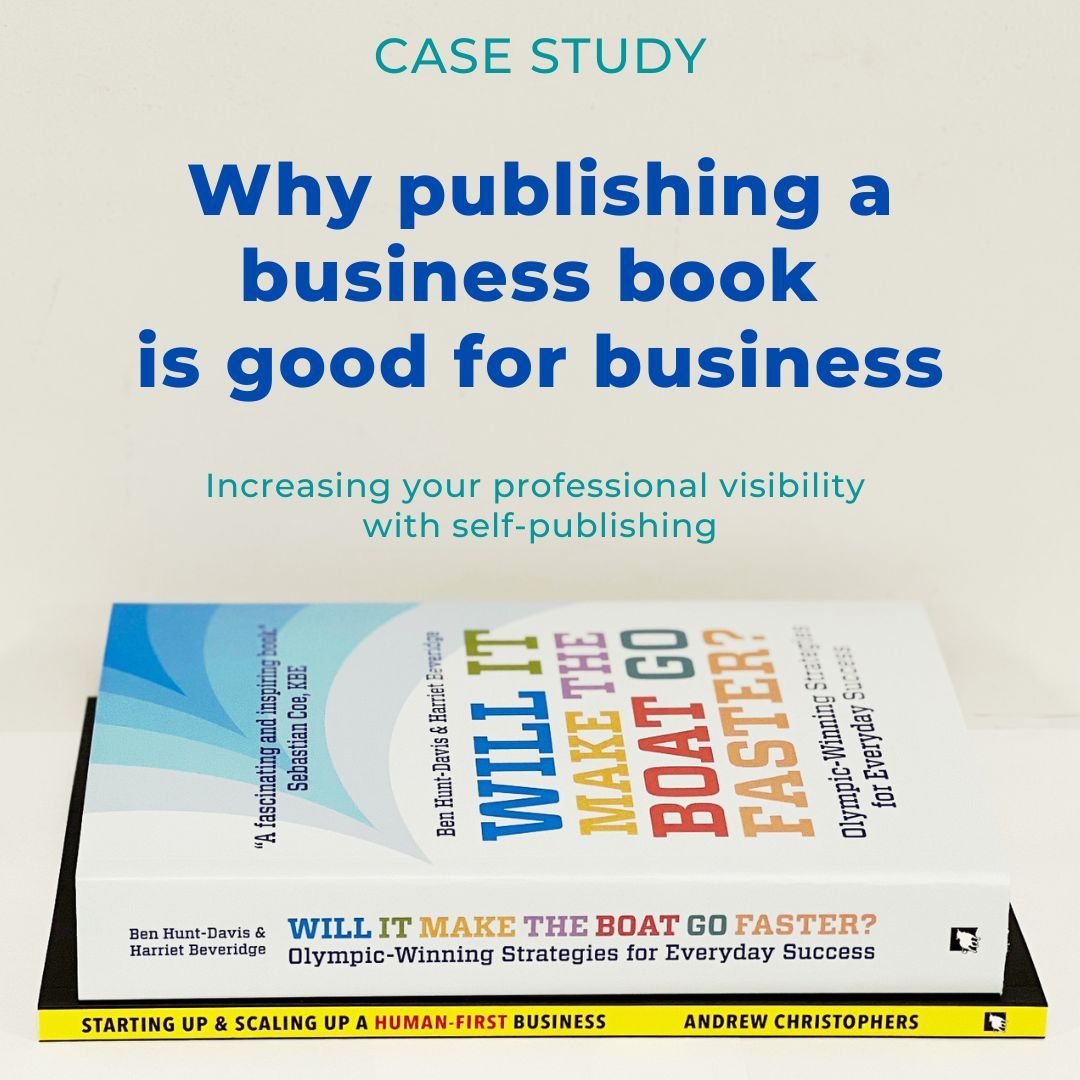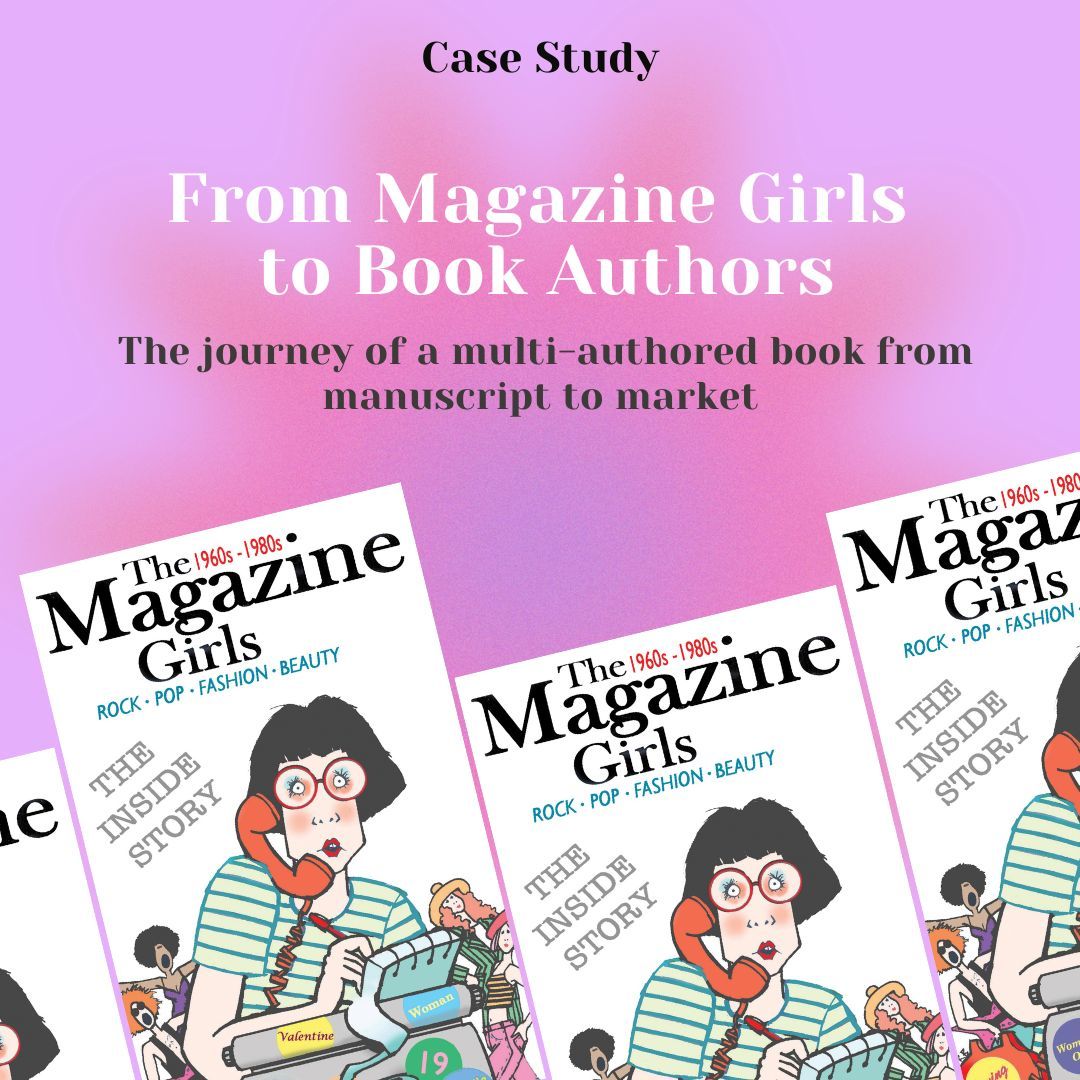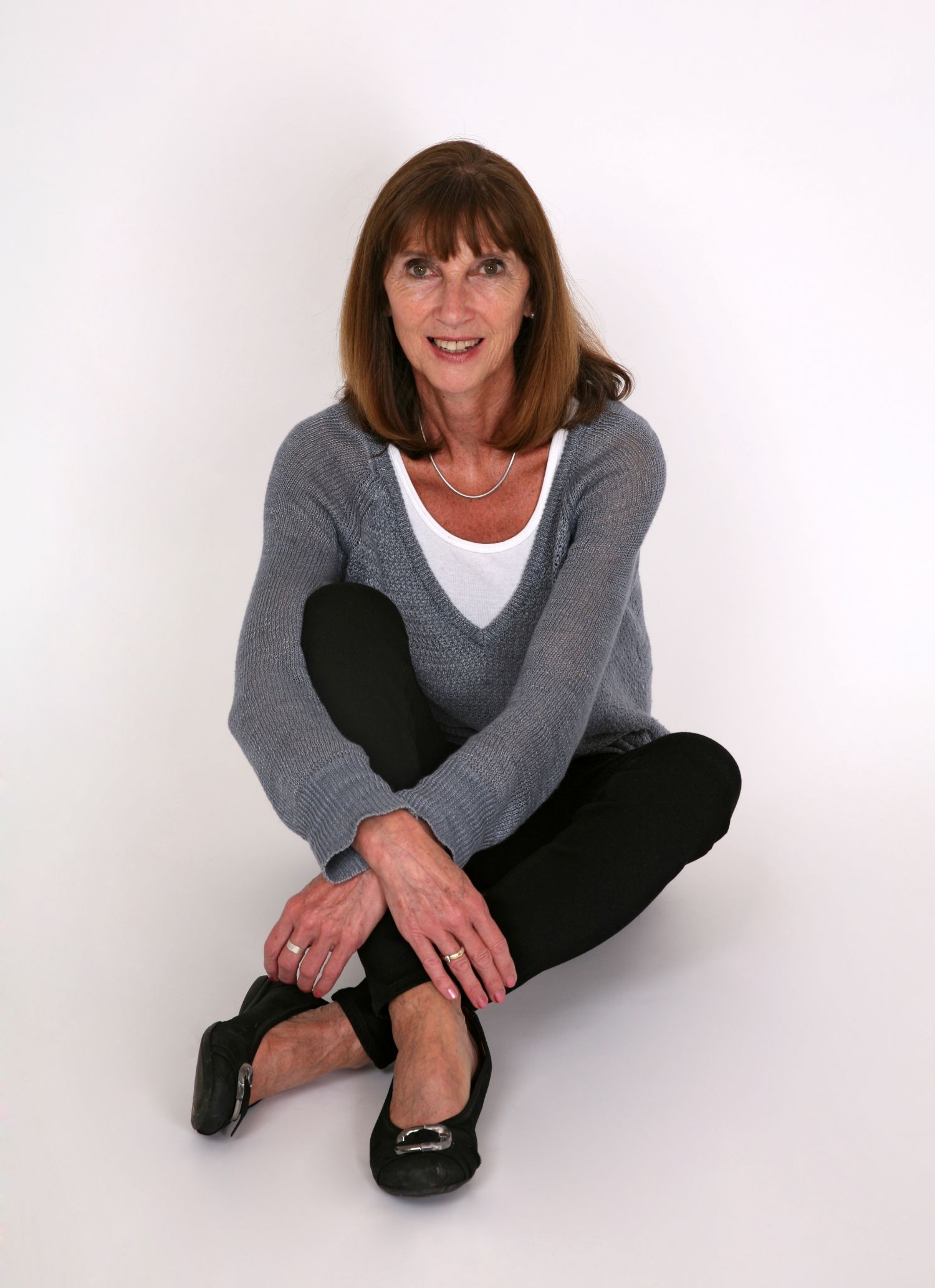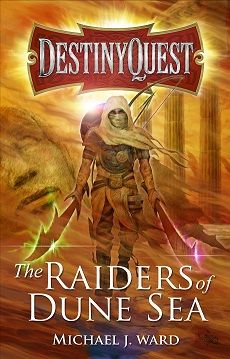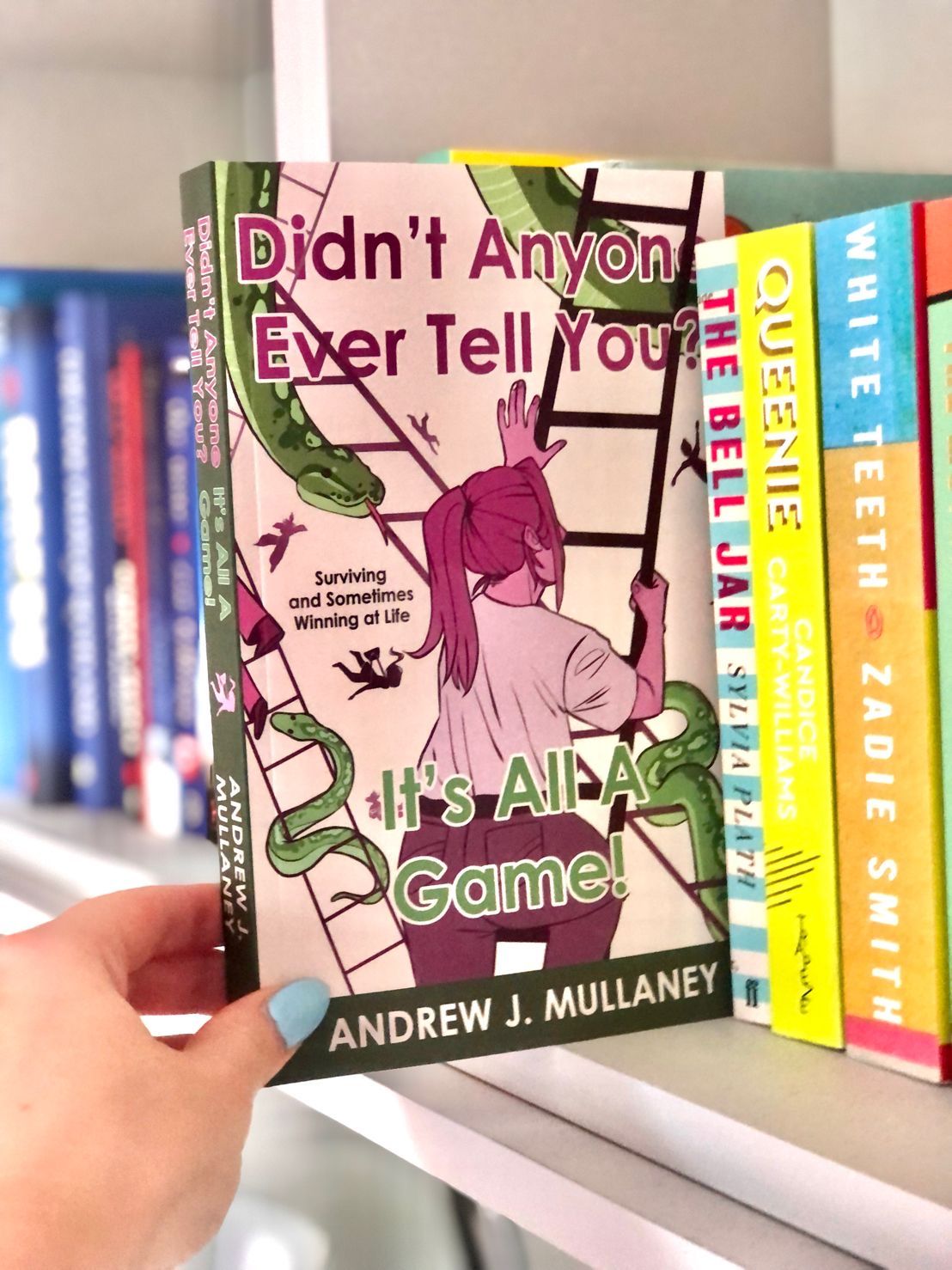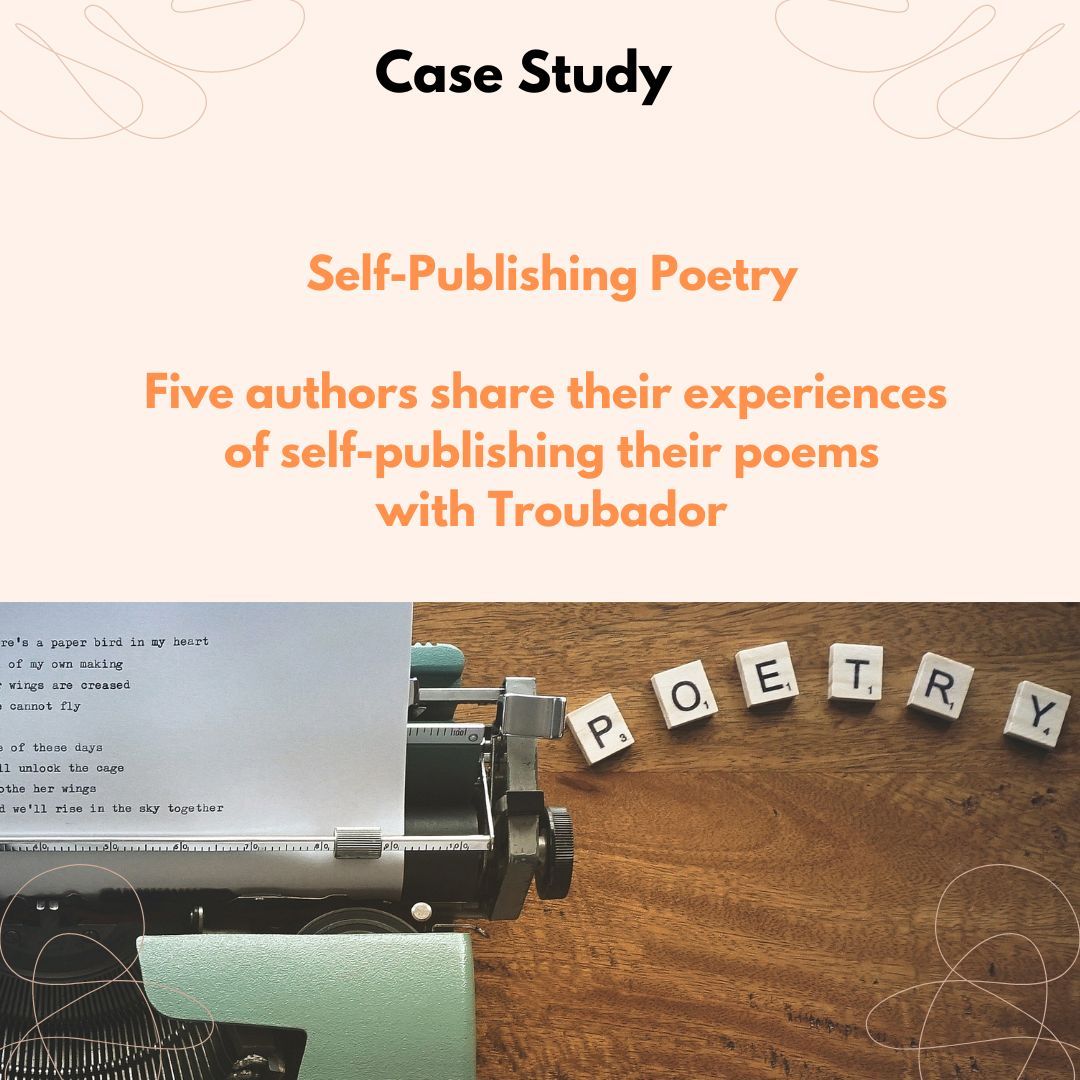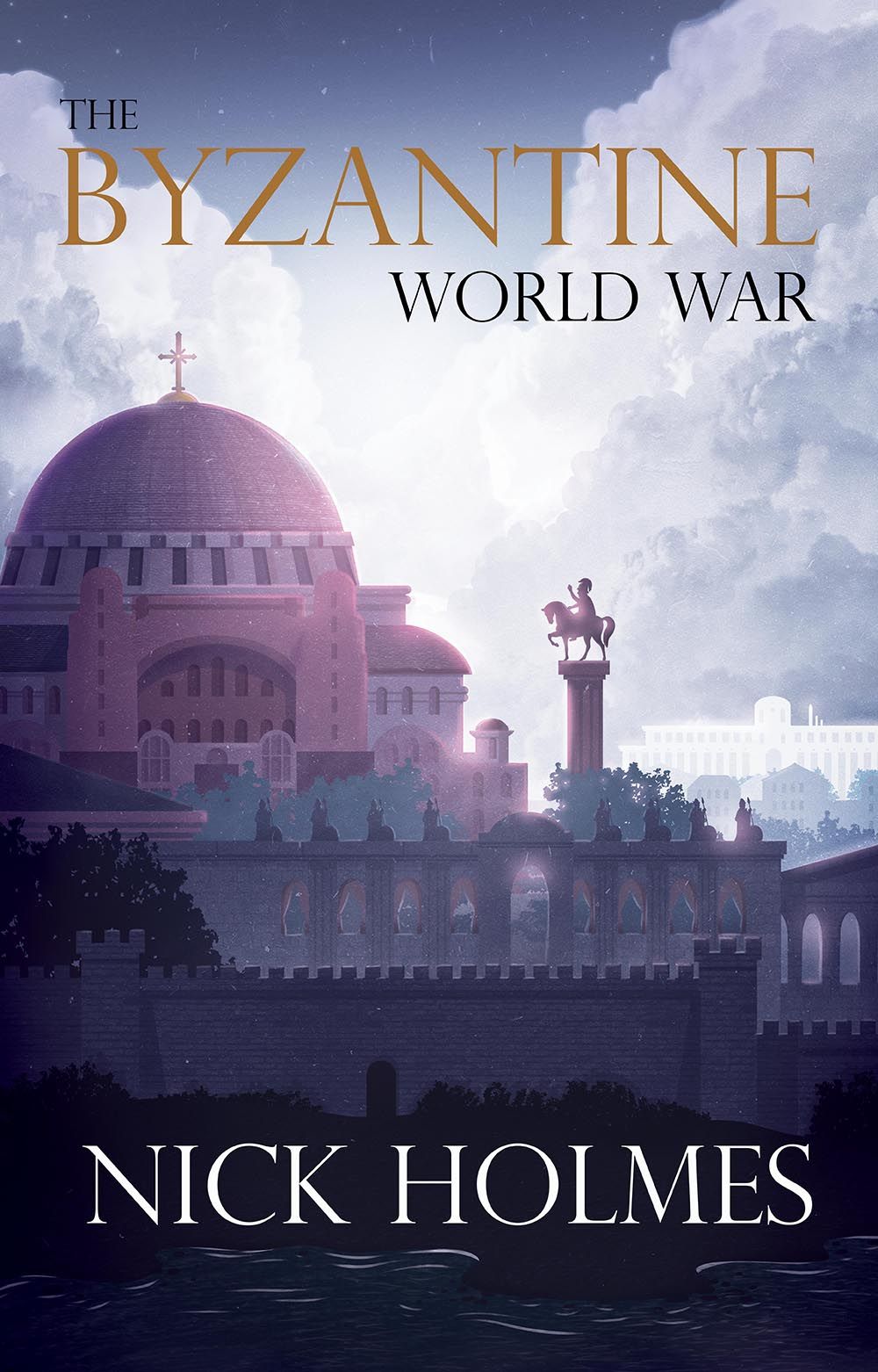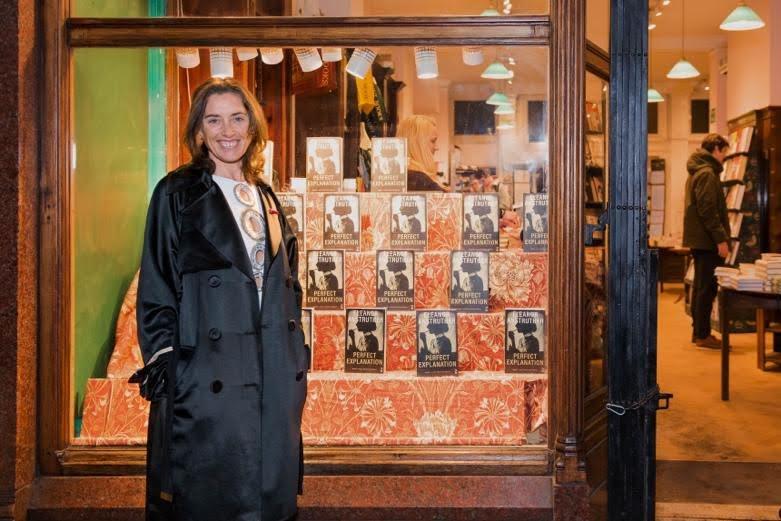
9 min read
Eleanor Anstruther: Why I Swapped Mainstream Publishing for Indie Publishing
Written by:
Alex Thompson
Author Eleanor Anstruther has published her work via both mainstream and indie routes throughout her writing career, offering a unique insight into the differences, both positive and negative, between the two. In this case study, she breaks down the reasons she has swapped between routes to publication and gives her honest opinion on her experiences with both.
Can you tell us a little bit about yourself?
Hi, I’m Eleanor, a writer. I began my career when the idea for a novel dropped into my lap by way of a true family story; my father was sold by his mother to his aunt. Who could resist a plotline like that? I couldn’t, and it became my debut novel, A Perfect Explanation, published by Salt Publishing.
How did you get into writing in the first place?
I’ve always written. One of my earliest memories is scribbling indecipherable lines in a little pink notebook. I knew what they were, but it wasn’t a known language. A fast and detailed scrawl that told stories only I could hear. From there I wrote poetry and a diary, essays and short stories; writing was my constant companion and because of that, it took a long time to occur to me that it could be a career. It wasn’t until I wrote my debut that I realised the urge to be published. It was at that moment that I embarked on the path of a professional writer.
For your latest book, how long did it take you to go from the first word through to submitting it for publication?
I’m going to talk about both my memoir and my latest novel as the processes for each were quite different.
The memoir was begun on Substack as an experiment in writing and publishing daily a one-minute read. That exercise turned into A Memoir in 65 Postcards & The Recovery Diaries and took nine months. I submitted it to Troubador soon after completion, and it came out in June 2024.
My latest novel, In Judgement of Others, was written in its original draft way back in 2019 while waiting out the painful process of submission for my debut. The advice is always to get on with something else, so I did, producing a first draft in about three months. Liking the idea, I worked it up into a novel, and my agent submitted it to publishers the following year, but here began what would turn out to be a four-year blight of declines. It was turned down and went into a drawer, I began another, and so it went on for two subsequent novels.
When I joined Substack and had success with the memoir, I hauled In Judgement of Others out of the drawer and decided to brush it off and see what was what; did it have legs? Had I been deluded? I saw others serialising their novels on Substack, reckoned with a bit of close editing and a no-nonsense approach I could shape it up for something resembling the original idea I’d had in mind, and the version coming out in January 2025 was born.
It took about five months from posting the first chapter to submitting it for publication to Troubador. The process of serialising turned out to be a fast-track way to cut out the dead wood, see what worked and produce a plot line, character arcs and pace that told the story I wanted to tell.
What are your main publishing goals? How did you decide what they were?
They have changed over the years, I used to be dead set on fame and glory, winning the Booker Prize – the typically fixed goals that will drive you crazy. What I’ve discovered over the years is the thing that makes me the happiest is reaching readers, my work in their hands, connecting with them, talking about the books I write, and being part of this passionate, story-loving community. I love live events, interviews and book groups as much as I love the absolute solitude of writing; they are two sides of the same coin, and gratefully, not all authors feel the same way, I thrive in both.
My goals that haven’t changed are to write as much as I can, produce all those stories that come whistling through the ether and into my hands, and tell stories with my dying breath because it is an honour and a blessing, as well as the hardest work I know. I’m a stickler for accuracy of feeling, tempo, character and plot. I know when it’s right and I won’t let it out the door till we get there, but such are the high aims of my writer self. My social, public-facing self just wants to reach as many people as possible, share the love, and have a good time. Oh, and she still wants to win the Booker one day!
You have published other books traditionally before. Why was self-publishing a route you explored?
Indie-publishing – I’m changing the name of it for reasons I’ll set out – is a route I’ve been forced down to a great extent; forced by my determination not to be stopped. My debut was picked up by Salt Publishing, a wonderful indie publisher who did a marvellous job, and I’m hugely grateful to them for the experience. They taught me a great deal, but like many emerging writers, I had no idea what a rare fluke it was that the book did well. The Desmond Elliott and Not The Booker long list, interviews on Women’s Hour, reviews across the broadsheets and even a piece in The Washington Post; I thought all that was normal.
Let me tell you, to those reading this with their foot on the first step of the path, it is not. It was like being flown to the top of the mountain, only to be quietly transported to the bottom again while I was sleeping, and told from now on, I had to walk, which I did with the next three novels. However, as already laid out, three novels met with those polite “I just didn’t love it enough” declines with which I became so familiar.
And so Substack, before I lost faith in myself completely, and my work found readers who said, “this is great!” and who restored my faith piece by piece. Then finally, Troubador offered me a way out of the doldrums, using the resources I had to hand, accepting my financial risk and using their production expertise.
What were the key benefits of self-publishing over traditional?
Agency, mine that is, a sense of control over everything from the final draft to cover art to the production values of the book you will hold in your hand. Also, the speed is light years faster than the traditional model. Mainstream publishing is a glacial affair. You submit on day one, three months later you might get a bite, contracts take another few months, and then it could be two years before publication. God forbid you’ve written a book with plot relevance to today. And pity those who found themselves in preproduction on the wrong side of covid.
What seems incredible to me – and it’s a bit like governments saying “there’s no money” yet they want to start a war, and hey presto, they find some – the same engine that can’t seem to publish literary fiction in under eighteen months sure finds the ability to publish a hot-take, ghostwritten autobiography in time for Christmas.
Can anyone explain that to me? I’d be grateful.
What about traditional vs self-publishing? Was there anything you preferred?
Let’s call it mainstream vs indie. I know I’m being pedantic, but a) I’m a writer, and b) it matters. The publishing industry is way behind the curve of every other creative sphere when it comes to valuing independent artists. The word indie is revered in music, food, beauty, hotels, festivals; you name it. Stick the word independent on the front, you can charge double and everyone thinks it’s cool.
But publishing? It works for indie bookstores, it even works for indie publishers, but for indie authors, which is exactly what a self-published author is, forget it. It’s slapped with the denigration vanity publishing. Look too closely and you’ll see embedded into the title self-published is the notion that the contents will be a step down from anything published by a mainstream publishing house, that the production values will be a bit rubbish, that it just won’t be as good.
But hear this (and this is why I’m veering away from the word traditional to describe the various models, all of which are linked by the line that the author has not put their own money upfront to produce the book) this model has only been the norm for the past seventy years or so. Virginia Woolf published her own work, as did countless others. It was the norm to pay upfront and no one sneered at it, wrote it off or assumed, for that one reason, that the contents were poor.
As resources cheapened and wealth increased, more and more people took this route until some sort of quality control was implemented, a submission process by well-read and passionate editors was invented and voila, the mainstream system we have today. It has of course worked brilliantly and, in many cases, continues to work brilliantly, serving the reading public with excellent books for every taste. But – and it’s a big but – the stamp of a mainstream publisher is no longer a guarantee of quality. Marketing, and the real need to sell books, have resulted in a sense that someone involved in the mainstream process isn’t that bothered about the contents of the book you’re holding, they just want you to buy it.
I realise I haven’t answered the question, so rant over, pedantic semantics in place. Mainstream vs indie, let me see. I loved being carried in the good ship Salt, having their experienced editors to hand, getting to know the landscape of publishing from the safety of their deck, and taking in the view as we sailed the straits and set out to sea. I loved saying “Salt” when people followed, “what do you do?” with “who are you published by?”. I loved seeing my book on their website, the illustrious company, that I will always be a part of that family. Yet here I am, and yes, for a long while it has felt as if I was shut out of a great house, not literally Salt, but the entire mainstream kingdom. I hammered on those doors for the subsequent four years until my fists bled and I was tired of crying, unable to fathom why, if they let me in before, they wouldn’t now.
Walking away has been the best thing I’ve ever done, not only in terms of my career but in the wider sphere of understanding my life as a whole. This demanding insistence to understand how to cope when life serves up not the dish you want, but something else.
As an indie author, I love the feeling that I’m on the tip of the arrow, ahead of the curve, an instrument to disruption, it gladdens my anarchist heart. I love the agency, the sense that we, indie authors, are the vanguard of change. I love standing up with my indie book, knowing it’s as good as anything published by the mainstream, and daring the industries which orbit the publishing sun to tell me differently. I love throwing down the gauntlet knowing the tide is with me. I am one of the countless other literary fiction authors who’ve been given no choice but to go their own way, and I’m proud to be part of this movement to challenge the model that has sent so many others to the writing gallows, that has caused pens to be put down, manuscripts given up, great work to be lost.
My indie friends and I know this is where the party is. We’re not waiting anymore for a tired, capricious, fickle construct to tell us we can be – we’ve broken out of the system, and we are free.
